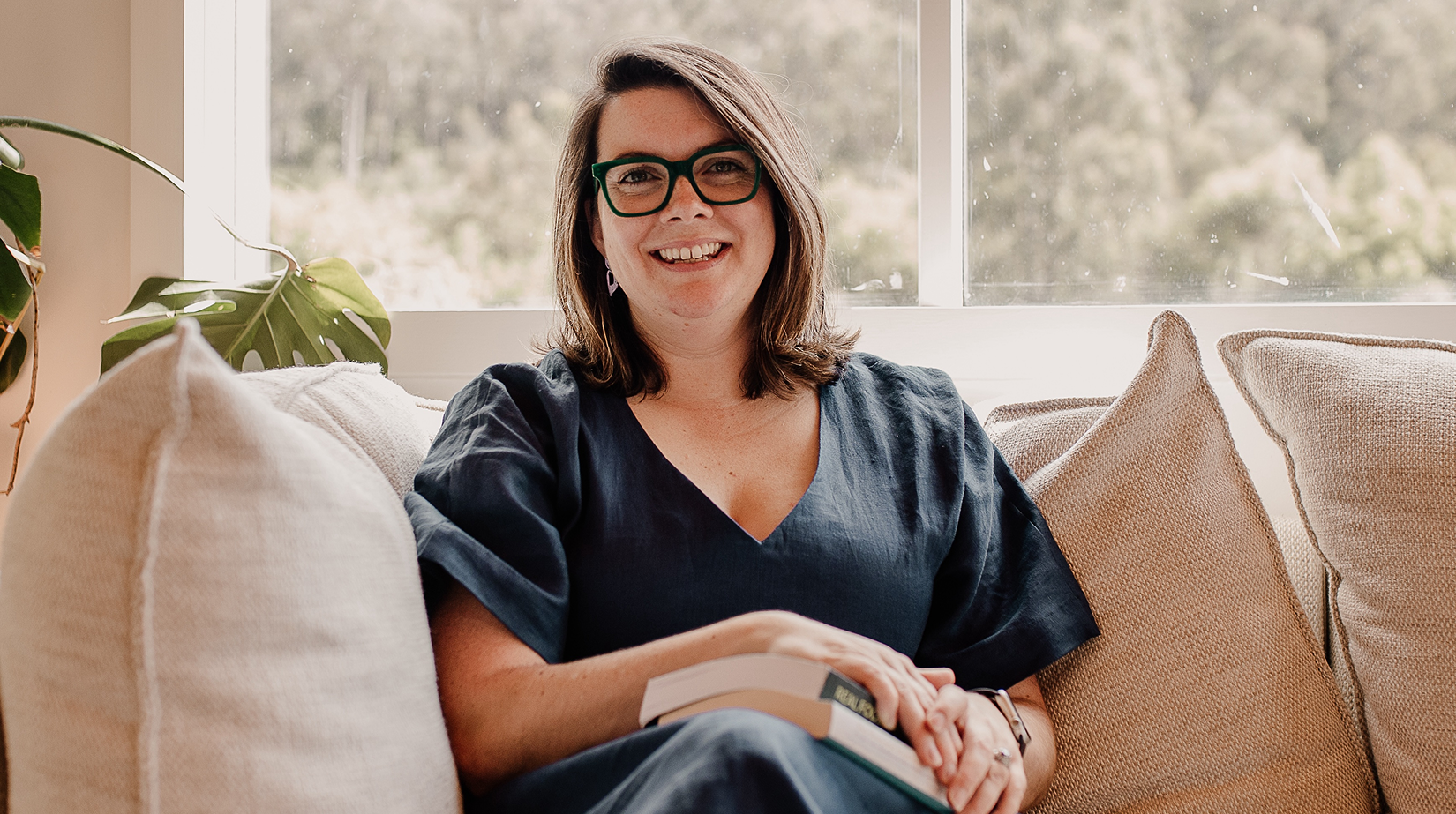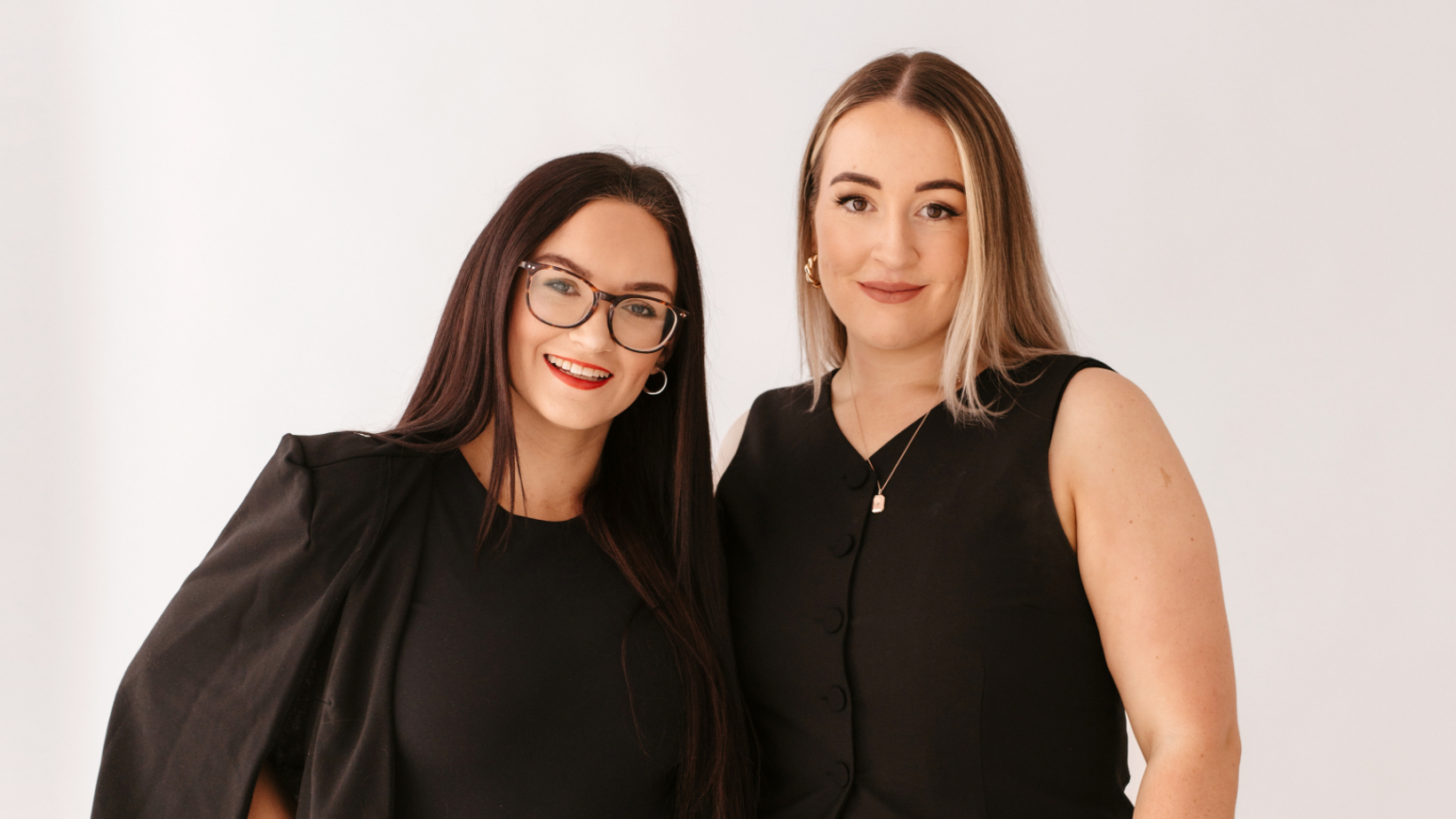You both work closely with women through pregnancy, birth and beyond. From your perspective, how does feeling connected—to other mums, to care providers, to community—shape emotional wellbeing during pregnancy and into early motherhood?
When a mother has a group of women who align with her values, she feels heard and supported and less alone. The power of chatting with a group of like minded mamas is incredible, you share how you are really getting along with motherhood, you open up because you feel safe and this results in those other mums doing the same. When this happens women are often able to see that others are facing similar challenges that come with motherhoods making us feel less alone with our thoughts.
What are some of the early signs you notice when a mother is lacking meaningful connection—and how might that show up emotionally, physically, or even in feeding or sleep patterns?
If a mother is isolating herself (this looks different from honouring and resting and staying at home through the fourth trimester) and finds it too overwhelming to leave the house, if she is not communicating with those around her and sharing how she is feeling these are some of the early signs that she may need extra support. We all know about the baby blues but if these low feelings continue beyond the first few weeks and you cannot see the light at the end of the tunnel or you are finding it hard to get up in the morning not because you are tired but because you don’t want to then talking to someone is vital, firstly your care providers and your partner. If we continue to ignore these feelings and push them down then they can grow and this can lead to not only postpartum depression but also postpartum depletion.
Just taking a moment to talk about Postpartum Depletion all too often we are told you are feeling tired and exhausted ‘ because you are a mum’ but you know when there might be something else going on in your mind and body and it’s about finding that one person who will listen and guide you. That’s why I encourage mother to find amazing practitioners like a really great female GP, counsellors, lactation consultants, dieticians BEFORE they have their baby so they are on hand in the postpartum when they need them.
You each facilitate different forms of support—from clinical care to group gatherings and education. What have you seen happen when women are given space to connect, reflect and share in community?
Oh my gosh I could write a novel on this! What I see when women are firstly given continuity of care is them having to only ‘tell their story once’ and they are listened to and supported. They feel heard and nurtured which has a ripple effect into every part of their life, their families life and the community.
When women come together in a nurturing space they open up, they share and in turn those around them do the same. Mothers really SEE each other, they hold each other and their feelings and this creates a huge sense of being less alone. The mother is the centre of EVERYTHING! When she is heard, supported and nurtured it has a ripple effect starting with her wellbeing which flows to her baby's wellbeing and then her family. But it’s so much bigger than that as it also flows out to the community.
I could also write a novel on how we are not supporting mothers enough, we need to understand that we are the centre, we are the heart beat and we need a holistic approach to our care after having a baby. That is why we are so passionate about what we are doing at The Village Collective. We provide holistic care and are changing the way women are supported starting with preconception all the way though to postpartum.
What’s one thing you wish all mothers knew about asking for help, or seeking connection—especially when things feel heavy or hard?
That is not a sign of you not coping. In fact it is the complete opposite. As women we feel we have to do it all and be seen to be doing it all. But if we can slow down, rest and ask for support we are setting ourselves and future generations up for success. I also like to remind mothers that friends and family want to help and sometimes they just don’t know the best way to support her. So if you can be specific in asking for help everyone wins - you will get your needs met and your friends and family will get that beautiful feeling we all do when we have given someone the support they really need!
What’s one thing about motherhood you didn’t expect—personally or professionally—but that now feels really important to talk about more openly?
I have quite a few haha having had three children each time I have birthed a new version of myself. I really didn’t think becoming a mother would change me on every single level of my being emotionally, physically, mentally and spiritually. I thought I would take a year off work and then go back work and yes things would be different with a child in our lives but I didn’t release the deep rooted change it would have on me.
When you birth your baby you birth a new version of yourself and she is someone totally new. So be kind to her, let her settle in, and she where she takes you.
If you could rewrite the early motherhood experience for future generations, what would you change or protect?
Honouring the fourth trimester, supporting, nurturing and nourishing the mother. We need specific care in our fourth trimester and this is just not being given or even spoken about really. Look at other cultures and what they do for their mothers and look at us - we are told to bounce back, do all the things, get back to work, carry on as if nothing has changed. Postpartum depression statistics and the rate of suicide in new mothers is reflecting this. Something needs to fundamentally change in the way we support women and once again that is why what we are doing at The Village through education and our incredible practitioners work.
What’s one small practice, mindset shift, or ritual you recommend to mothers to help them feel more grounded in their day-to-day?
Creating mother moments throughout the day to keep filling up your cup so come the end of the day or the middle of the night it is not completely empty. It’s these small moments throughout the day that bring us back to ourselves:
+ Being out in nature
+ Taking a breath - square breathing
+ Gha Sha face and neck massage with your favourite oil
+ Cup of tea and a cookie
+ Picking flowers from the garden
+ A shower with your favourite oil
These can all just take five minutes but they can really help in moving through the day feeling more grounded and present and aware of how you are feeling.
What’s something you think all new mothers deserve to hear in those early, foggy weeks—but often don’t?
You are not alone, everything is a phase, this too shall pass and you are always enough, you are exactly what your baby needs. These are a few of my favourite that can often land and resonate with women in those harder moments through the early months.




